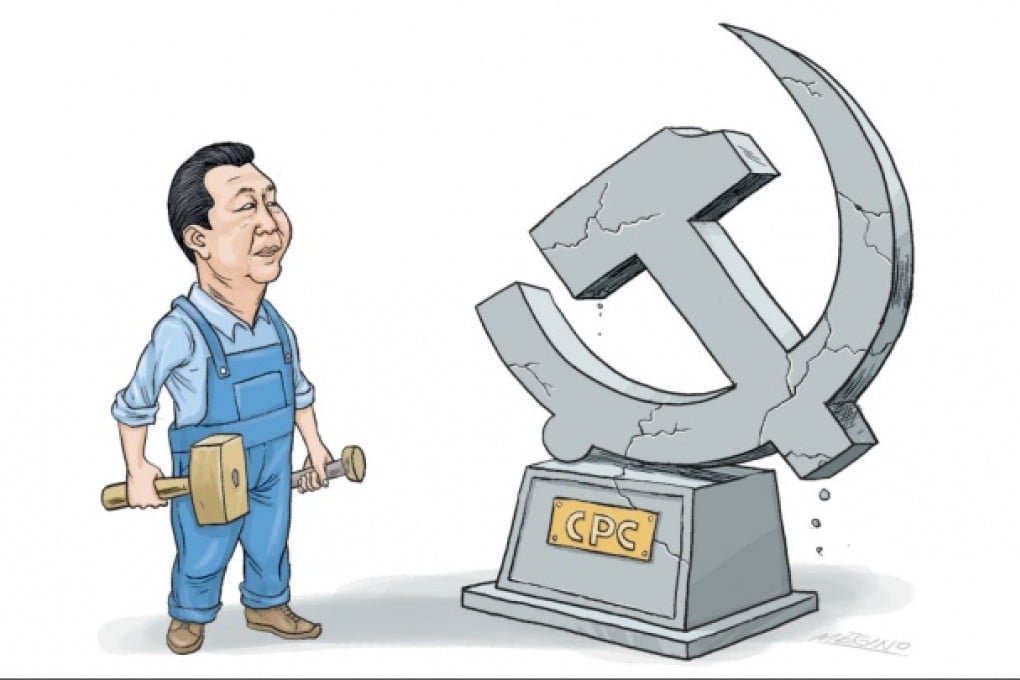No time for dreaming, Xi needs to crack on with cleaning up the party
Lanxin Xiang says Xi should abandon his misguided campaign to rally people round a 'China Dream' and start the real work of repairing the party's damaged credibility

The Chinese leadership may have good reason to regret taking bad advice from its ideological team. The idea of declaring a new political slogan, the "China Dream", at the outset of the new regime has backfired so badly that one wonders if the catchphrase can outlast Hu Jintao's "harmonious society", which survived for more than two years.
It would have been a good catchphrase, except for one crucial detail overlooked by the new leadership: the China Dream as an all-embracing slogan can no longer capture the popular enthusiasm, for there is little public trust left in the ruling elite.
The zealots of the party propaganda machine have made things worse. The first sign of debacle came, ironically, courtesy of the chief government mouthpiece, the People's Daily. Late last month, the paper started an online poll designed to add to the so-called "positive energy" thought to have been released in society by the exciting new dream.
The four questions, taken directly from Xi Jinping's speeches related to the concept, asked people whether they were confident about: the leaders' courage for reform; the benefits of "socialism with Chinese characteristics"; the communist party as a whole; and the one-party-dominated political system. By the middle of this month, the negative answers had reached over 75 per cent and the paper had to take down the poll. But the damage had been done.
A new leadership in China usually enjoys a honeymoon period, often for about two years. But this time, the honeymoon seems considerably shorter. The reason is simple: Xi is dealing with a different party and society. The political ground is shifting and the party's mystical halo of infallibility is fading.
For one, the population in general does not trust the system. So far, the new leadership has talked the talk but walked too slowly. The high expectations for political reform and the anti-corruption campaign have fizzled out considerably. As long as the new Politburo continues stalling on disclosing the personal assets of its 25 members, few have confidence that the anti-corruption campaign is serious. Therefore, the China Dream could easily be seen as another plot to solidify, rather than destroy, the rapidly ossifying politics of vested interests.